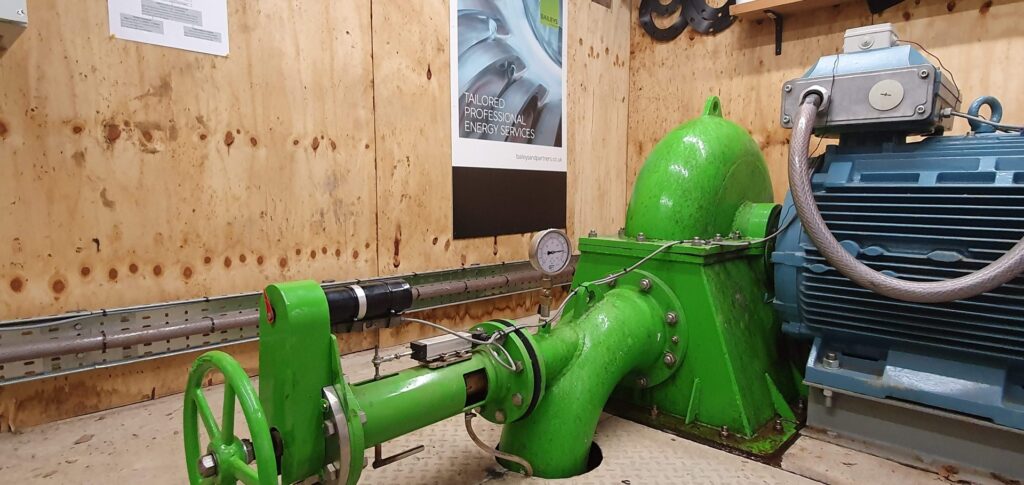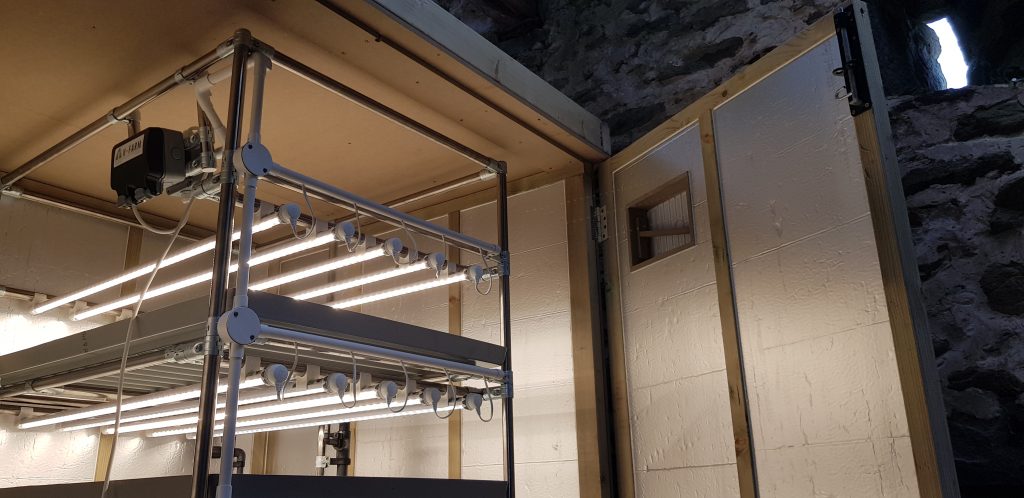The merits of extracting energy from stored and running water has once more been brought into focus by the announcements on tidal lagoon power – founded on the predictability of flows, and together with it, the pedigree of a technology that has been tried, tested and refined over a number of centuries.
I was reminded of the engineering genius of hydropower whilst recently recording electric meter readings from a Pelton wheel turbine that was first commissioned in 1895! The undertaking of such activities fuels the enthusiasm for further product and service innovation from Baileys & Partners LLP, to ensure this generation of hydro enthusiasts are able to continue breathing life into a technology very often installed by their Great Grandfathers before them.
Whilst tidal power offers large scale renewable energy generation, the advantages of farm and community scale hydropower should not be underestimated. In essence hydropower has the potential for a farmer and/ or community to become a net exporter of a low carbon energy whilst also creating new local business and employment opportunities accompanied by an increased level of economic activity local to the source of generation.
We continue to be delighted at the level of interest received from those considering investing into hydropower for the first time, despite the uncertainty in this climate. It is very hard to then have to condition expectations of prospective customers on why only a lower proportion of the water in their watercourses is able to be used for Hydropower, (under the regulators domestic guidance on flows), than would have been the case had their farms been located anywhere else in Europe.
Baileys and Partners sit amongst three other companies that represent the company members of the British Hydropower Association within a specialist department called the Ministerial Task and Finish Group.
The last meeting was held to finalise recommendations that will be laid before the Cabinet Secretary for Environment and Rural Affairs. There are 6 key recommendations from Industry;
1] That Welsh Government prioritises the introduction of Transitional Rate Relief for hydropower schemes, for a 5-year period, from the 1st of April 2017.
2] That Welsh Government increases the threshold for small business rates relief for hydropower from the current level to £24K.
3] That Natural Resources Wales [NRW] provide the opportunity for the operators of NRW identified hydro schemes, licensed since 1st April 2014, to apply to have a variation in their licences in order to increase flows. The purpose is to improve the economic viability of these schemes.
4] Dependant on the uptake of applicants pursuing variations for changes to flow of the 15 schemes identified in 4, the process will be rolled out to all other hydro operators with licences secured prior to 1st April 2014.
5] That WG/NRW adopts the industry designed and approved Fast Track consenting process for all hydro schemes in zones 2 & 3, to improve further NRW’s speed and efficiency in determining licence applications.
6] That WG agrees to immediately allow access to the Local Energy Service for all forms of small-scale hydropower and not solely just for community schemes.
Watch this space for new and exciting hydropower product and service offerings which will simplify design, reduce capital expenditure and better navigate clients through the licensing and planning processes with minimal cost risk.







